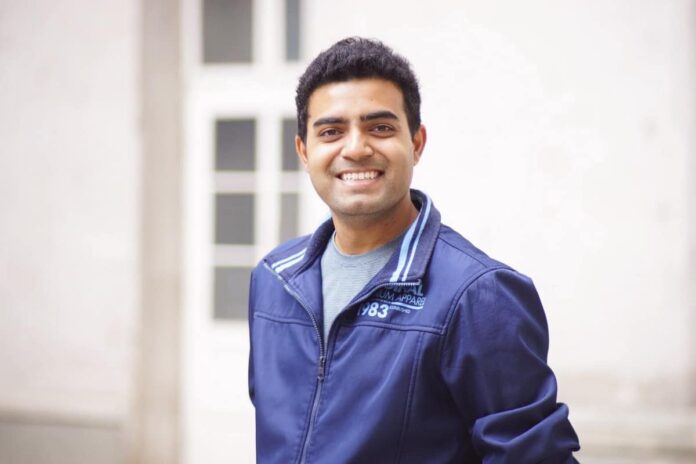Just how do you know if what people claim in their CV is true? For a time, google seemed to deliver an endless source of data on other people. You could search for people online and see where they had worked. Then social media made it even easier to track people – or so it seemed.
In the last few years prospective employees have been warned that when they attend interviews, the company looking to hire will include a trawl of their social media to see if what they say is true or to ascertain the calibre of the person.
Of course there have already been cases where legal claims have been made against individuals abusing social media, but even harmless activities may be seen as detrimental to prospective employment. Applying to a company where the CEO is teetotal? Then perhaps don’t post those post party pictures on FB. Looking to work in a company that works in pet supplies? Perhaps posting pictures of you supporting the local hunt might not be so clever. The list is endless.
However, while verifying your character online is one thing, verifying your career details is another. Most CVs have referees which a thorough employer will use, but what if the person has set out to deliberately inflate their CV. Is it possible to check that online?
The majority of employers would head over to Linkedin – and indeed most management on ICOs link directly to their Linkedin page. Linkedin in an established platform but there is a flaw. Only the individual can insert their CV details. No one else can comment on them. The nearest there exists for validation of the CV details is in the recommendation section – but these could be from friends or even fake accounts should a person wish to deceive.
So how can an employer quickly check out the veracity of a CV, or indeed how can a candidate stand out with their skill sets?
Indorse, a decentralised professional social media network, think they have the answer. And so do 1800 token account holders that helped raise $9 million over their ICO in September. This sum will keep them going for the next two years says co-founder David Moskowitz. ‘We learnt a lot from our ICO – basically to keep any future ones shorter and have more focus on the secondary market.’
His co-founder and CTO, Guarang Torvekar adds that they would have liked to have more celebrity endorsement. Ánd better known advisers.’
Which brings us to one of the principles of Indorse – peer to peer validation. Peer to peer validation on Indorse is random and anonymous.
‘There have been a few ICO scandals recently over CVs from the fraudulent state where advisers were not part of the team to the lesser crime of inflating their CVs quite dramatically. Even today what we read on Linkedin we tend to believe – despite the fact that it is published by the individual,’ says Mosowitz.
‘You cannot game the system on Indorse,’ adds Torvekar. ‘You can’t ask your spouse or colleague to endorse you. All the validation is random and is only allocated once a consensus is reached to the order of 70%.’
The individual adds their skill sets with attached proof. So, if someone claimed to have Java programing skills, they could attach their certification. Then anonymous, random peers can validate – or not – that section.
Timelines are important too according to Torvekar. ‘Someone working for 20 years should have a much greater wealth of experience than someone working for less than 5 years, and that is reflected too in how the Indorse CV is created.’
People deemed to have authentic and experienced CV will receive an Indorse Score. This is delivered in the form of a non-transferable, non-tradable token. This is to reflect their reputation. Other members of the Indorse community can earn tokens as rewards for participating on the site. These are tradable and transferable and mimic the popular Steemit model. In time the co-founders hope the IND tokens will be used to purchase or sell additional services on the site.
The use of blockchain is core to the project according to Torvekar. He was instrumental in setting up the Singapore Ethereum meetup two years ago (where he met Moskowitz) which now regularly attracts a couple of hundred to each gathering. They launched Indorse at one such meetup.
‘Blockchain underpins our decentralised model in four ways,’ explains Torvekar. ‘’The first is the management of the data – there is no single point that is vulnerable. Secondly, Indorse is completely autonomous – no one is in control.
‘We use Byzantine Fault Tolerance to produce consensus and finally it is transparent – no more inflated at best or totally dishonest CVs on our platform.’
Already 1800 people have signed up for the beta MVP version and both co-founders hope to hit 3000 before the end of the year.
With two years’ worth of salaries in their pocket what next for the founders? ‘Company pages.’ says Moskowitz. ‘We want to extend the same transparency to corporates.’ Now, that will be interesting.















